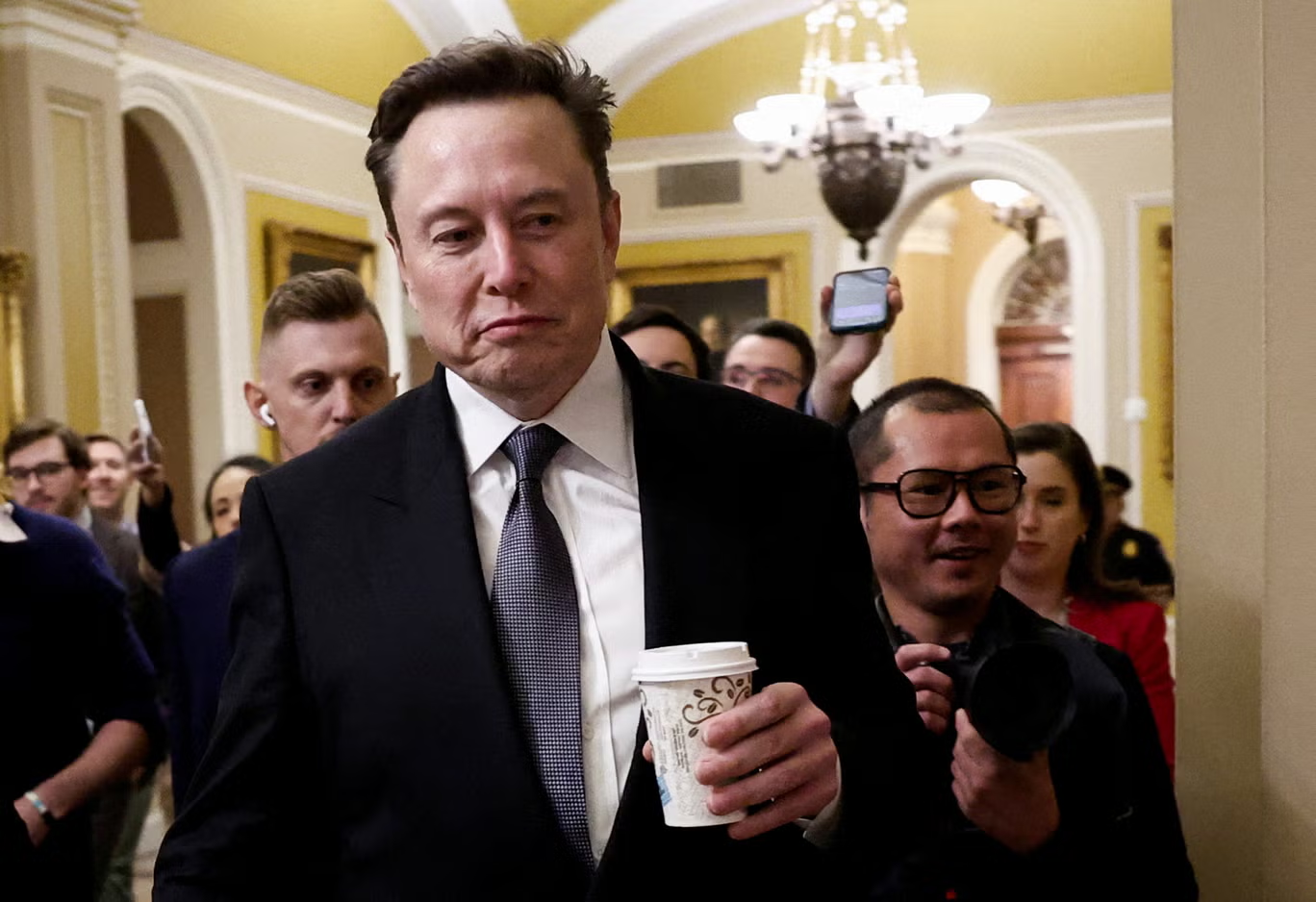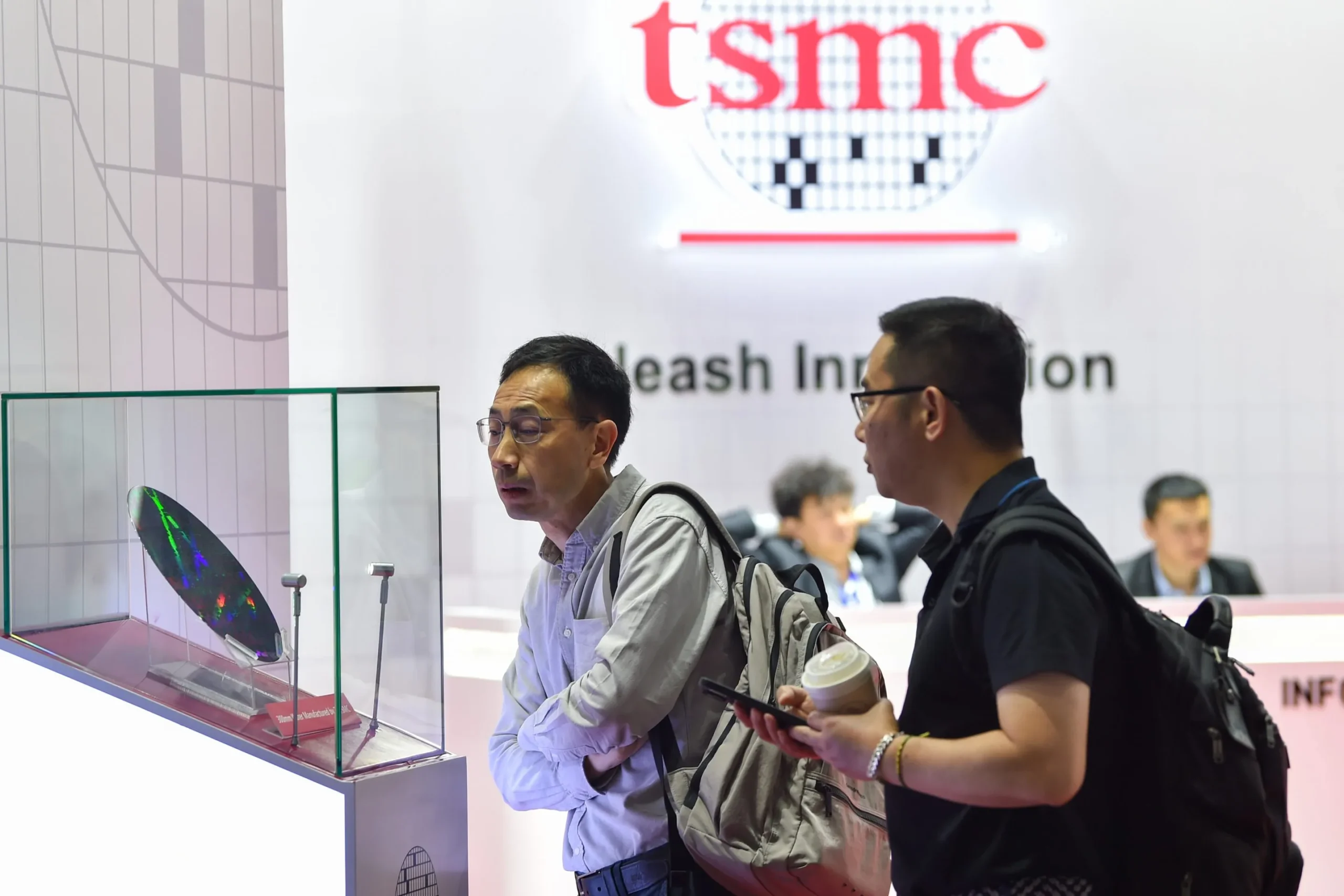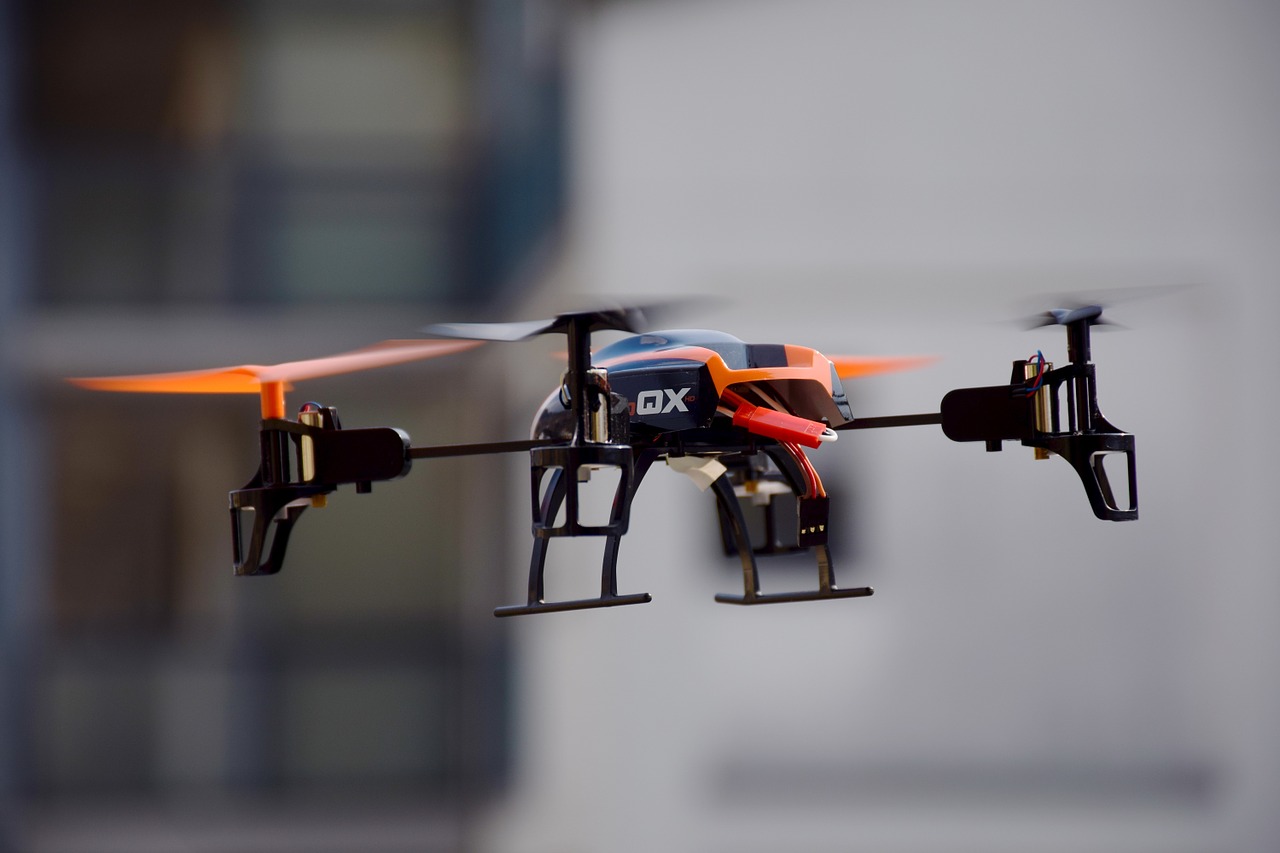TSMC Caught in Crossfire of U.S.-China Tech War
October 23, 2024
TAIPEI, TAIWAN – Taiwan Semiconductor Manufacturing Company (TSMC) reportedly told the U.S. government that it has chips inside the newest Huawei devices, according to sources speaking after a technology research firm, TechInsights, found advanced semiconductors made by TSMC in Huawei’s latest smartphone models, which had raised storm about a violation of export restrictions imposed by the U.S.
TechInsights’ Discovery Unveils a New Twist
Of course, the exhaustively mined teardowns on smartphones by TechInsights unearthed that the new phones of Huawei boast of the most advanced chips fabricated by TSMC. This is despite severe U.S. sanctions enforced to ensure it cannot enjoy the leading edge technology of the Chinese tech behemoth.
In the past few years, the U.S. government has restricted exports and banned American firms from dealing with Huawei without special licenses. Another casualty is TSMC, which uses U.S.-origin technology to produce chips, and had to stop shipping to Huawei. The question of whether TSMC-made chips in Huawei’s products have been circumvented, unintentionally or not, is a sensitive issue.
Diplomatic and Commercial Fallout Looms
News of this disclosure has brought diplomatic tension sky-high between the U.S. and China, further complicating the ongoing war of technology between the two superpowers. The Biden administration has already launched inquiries into this matter, with its officials expressing concern that access by Huawei to advanced chips jeopardizes U.S. national security.
Any attempt to bypass export controls is a very serious matter, said a U.S. State Department spokesperson. We’re looking into how those chips got into the Huawei product and whether any law was violated.
However, the Chinese officials accused the U.S. for playing a game of “tech protectionism”, which apparently is aimed at rapping China’s technological rise. The practice, according to them, disrupts the global supply chains and undermines a level playing field in competition. In response, Beijing hinted at possible retaliatory measures, possibly targeting the U.S. tech firms that are operating within the Chinese markets.
TSMC’s Response: A Balancing Act
It finds itself between the world’s two biggest economies in a rather precarious position. The company is the world’s most advanced semiconductor manufacturer and stands as a critical player in global technology supply chains, supplying chips to major companies such as Apple, Qualcomm, and Nvidia.
TSMC has only made a short statement saying it was in full compliance with all relevant export regulations, without anything else on the specifics of its dealings with Huawei. Insiders in the company say the chips the searches were looking for in the Huawei devices would most likely be older inventory or fulfilled portions of orders placed before the export restrictions.
Even so, this incident leaves TSMC with a target on its back both ways-with U.S. regulators on one side and Chinese authorities on the other-as both sides may look to disrupt its business with key clients.
Broader Implications for the Global Tech Industry
It also raises broader questions about how effective U.S. export restrictions can be in controlling the flow of advanced technology to China. Experts have said that with how relatively interconnected global supply chains are going to be, it is going to be increasingly difficult to enforce such a tool.
This incident gives a glimpse into the complexities of global semiconductor supply chains, believes technology policy expert Rachel Lin. It becomes very difficult to track every chip and component under strict export controls, especially because products keep changing hands across multiple markets.
The affair also brought out China’s increasing attempts at reducing its dependency on foreign technology. Even with sanctions in place, Huawei has speeded up its research and development efforts that have brought it great strides to build a more self-sufficient semiconductor industry.
A Turning Point in the Tech War
The TSMC, Huawei, and US government row showcases how unsafe or rather precarious technology diplomacy is in the world of today. As the U.S. continues to fight with the Chinese on the battlefront of technological advancements, such an episode is bound to occur at regular intervals, placing the onus on all companies operating cross-border.
This will prove a huge test for the firm in terms of maintaining leadership in the semiconductor market as it strives to stay out of the geopolitical stress created by both the U.S. and China. The world waits to see how this controversy unravels, but may perhaps rewrite not only global supply chains, but the face of the semiconductor industry.
Whether these export controls come tighter, or are retaliations from China, one thing is for sure: the war for technological supremacy is far from over.
image source











